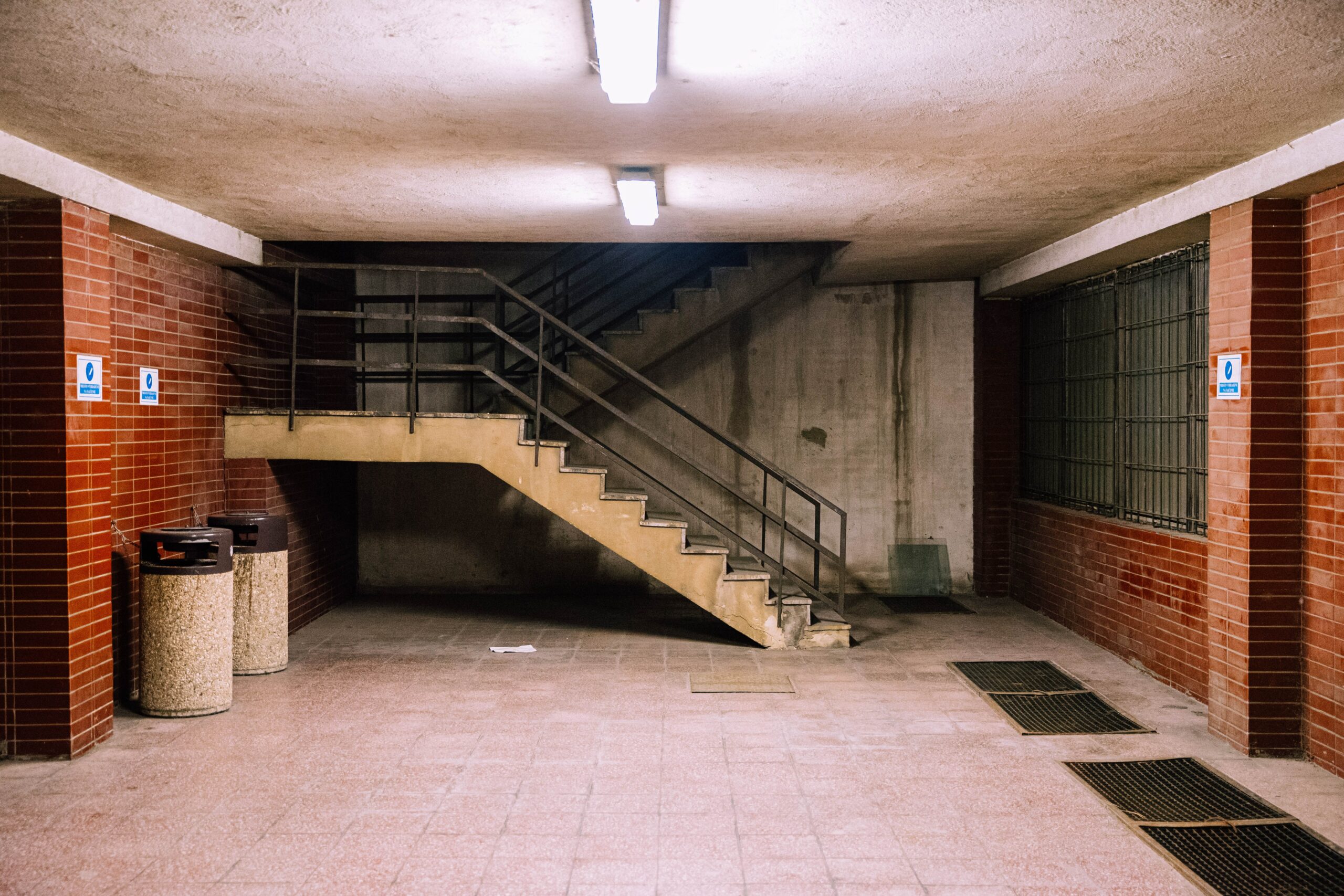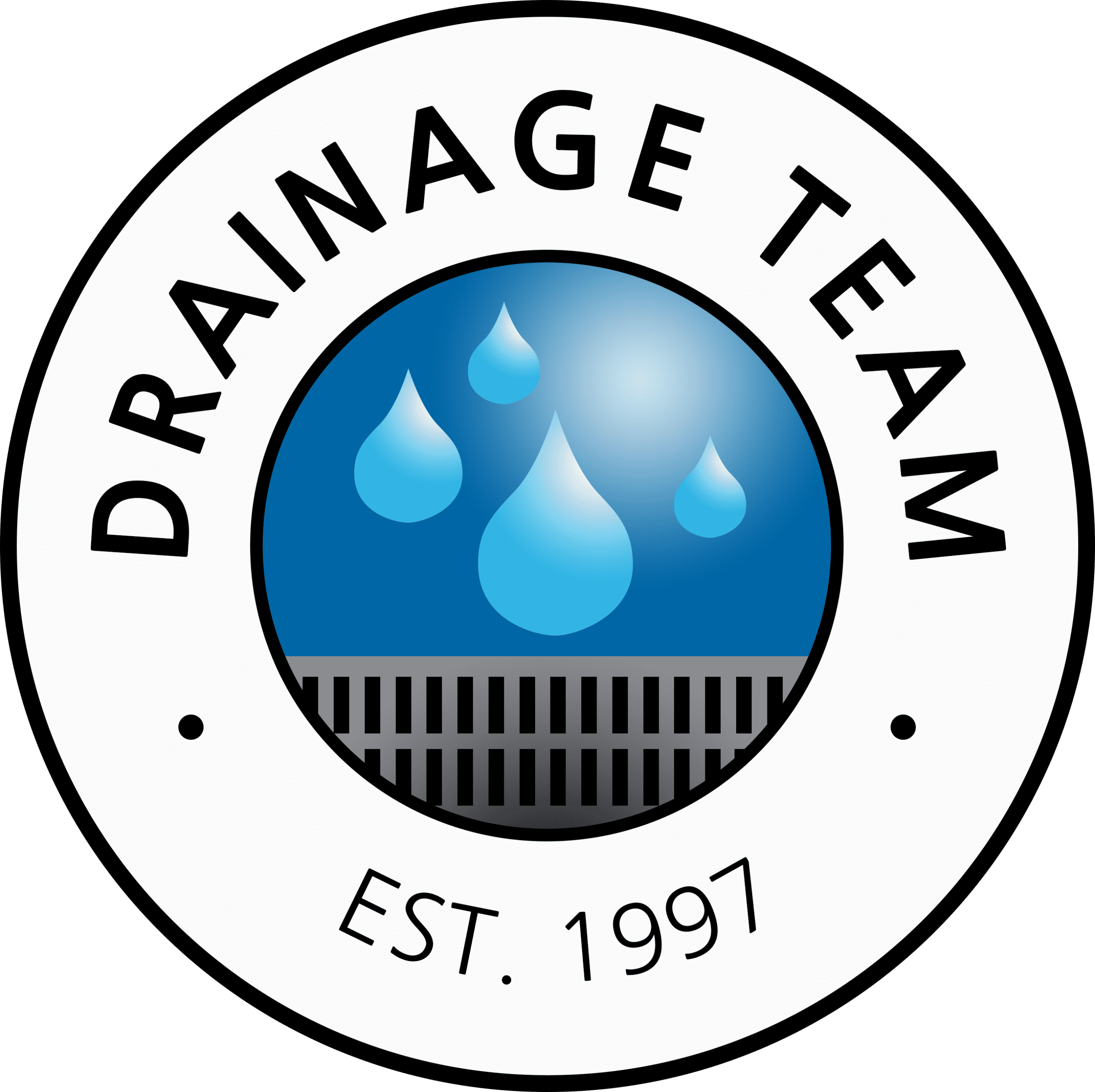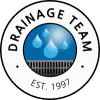Basements—they’re a home’s best-hidden gem. They can be anything you want, really—a home theater, a game room, extra living space, or even just a handy area for storage. But, much like every other part of your house, they need some love and attention, too.
In particular, they need protection from one notorious, unwelcome guest—flooding. If you’ve ever dealt with the soggy mess that is in a flooded basement, you know it’s a situation you want to avoid at all costs. If you haven’t, consider yourself lucky, but don’t press that luck.
Basements are naturally prone to flooding because they’re the lowest level of a house and are typically built partly or entirely below ground level. Water from rain or melting snow can easily make its way into a poorly protected basement, causing a host of problems ranging from structural damage to mold growth. Yeah, not fun.
Luckily for you, and your basement, there are several effective drainage solutions you can implement to keep your basement dry and flood-free. From installing sump pumps and French drains to water-proofing the walls and floor, there’s plenty you can do to protect your basement from the threat of water damage.
Warning Signs of Basement Flooding
The first step in preventing basement flooding is recognizing the early warning signs that help you take action before significant damage occurs. Keep an eye out for the following indications that your basement may be at risk for flooding:
- Musty odors: A damp, musty smell indicates that moisture is already present in your basement. This odor is often the result of mold and mildew growth, which can be hazardous to your health.
- Standing water: If you notice pools of water in your basement, chances are there is a drainage issue that needs to be addressed immediately. Ignoring this problem can lead to structural damage and costly repairs.
- Water stains: When water penetrates your basement walls or floor, it often leaves visible stains. These marks are a warning sign that you need to take action.
- Structural damage: Cracks in your foundation, warped walls, and sagging floors are all signs of potential water damage. Ignoring these issues can lead to severe structural problems and decreased property value.
Common Causes of Basement Flooding
Understanding the sources of basement flooding is critical for finding the most effective solution to prevent water damage. Here are some leading causes that contribute to basement flooding in residential and commercial properties:
- Poor landscape grading: Inadequate or improper landscape grading can result in water pooling around your foundation, leading to infiltration and flooding. Ensuring proper grading can help minimize the risk.
- Blocked or malfunctioning gutters: Gutters are responsible for directing rainwater away from your house. Clogged or damaged gutters often lead to basement flooding as water pours along your foundation walls.
- Groundwater seepage: If your property’s water table rises during heavy rain or snowmelt, excessive groundwater can seep through your foundation walls, causing flooding.
- Broken sewer lines: Sewer backups and broken pipes are common causes of basement flooding. Ensuring a well-maintained sewer system can prevent this issue.
Types of Drainage Solutions
There are several types of drainage systems available to address the specific causes of basement flooding. Let’s take a closer look at some options to help you protect your home:
- French drains: A French drain is an underground drainage system that captures and directs water away from your foundation. Installing a French drain involves digging a trench, filling it with gravel, and laying a perforated pipe that collects the groundwater and diverts it away from your home.
- Sump pumps: A sump pump is an essential part of your basement’s drainage system. Installed in a sump pit or basin, it pumps water that collects in the pit to an exterior location, keeping your basement dry.
- Gutter extensions: Installing downspout extensions or underground drainpipes helps direct rainwater away from your foundation and prevent basement flooding.
- Foundation crack repairs: Sealing and repairing foundation cracks can prevent water infiltration and protect your basement from flooding.
Choosing the Right Drainage Solution
Selecting the right drainage solution for your property depends on the root cause of the problem and potentially unique aspects of your home. Here are some guidelines to consider:
- Evaluate the issue: Understand the source of flooding in your basement, whether it is poor grading, malfunctioning gutters, groundwater seepage, or broken sewer lines.
- Inspect your home: Closely inspect your home’s foundation, landscaping, and gutter system to identify any existing or potential issues that could be contributing to flooding.
- Consult with a professional: Reach out to a reputable contractor or specialist, like DrainageTeam, who can assess your situation and recommend an effective drainage solution.
- Consider your budget: Weigh the cost-effectiveness of the proposed solution against the potential damage and expenses that basement flooding can cause.
Benefits of Professional Drainage Solutions
Investing in professional drainage solutions offers several long-term benefits that secure the health and value of your property. Some advantages include:
- Enhanced structural integrity: Properly implemented drainage systems protect your foundation from water damage, ensuring the long-term stability of your home.
- Increased property value: A well-maintained, flood-free basement can significantly increase your property’s resale value.
- Healthier living environment: Preventing moisture and mold growth in your basement contributes to a healthier living space for you and your family.
- Peace of mind: Knowing that your home is protected from the risks associated with basement flooding can provide you with the satisfaction of living in a secure and well-maintained property.
Ensuring Dry Basements: Exploring Effective Drainage Solutions
In the grand scheme of things, preventing basement flooding is not just about protecting your property, but also about ensuring the safety and comfort of your family. So take the necessary steps today, and keep your basement dry, your home safe, and your mind at ease.
Don’t hesitate to reach out to the experts at DrainageTeam for a comprehensive assessment and tailored drainage solutions to meet your specific needs.







